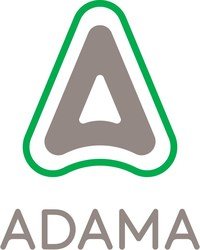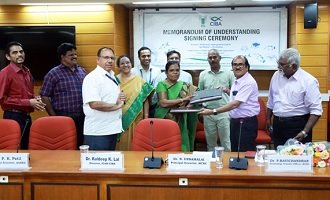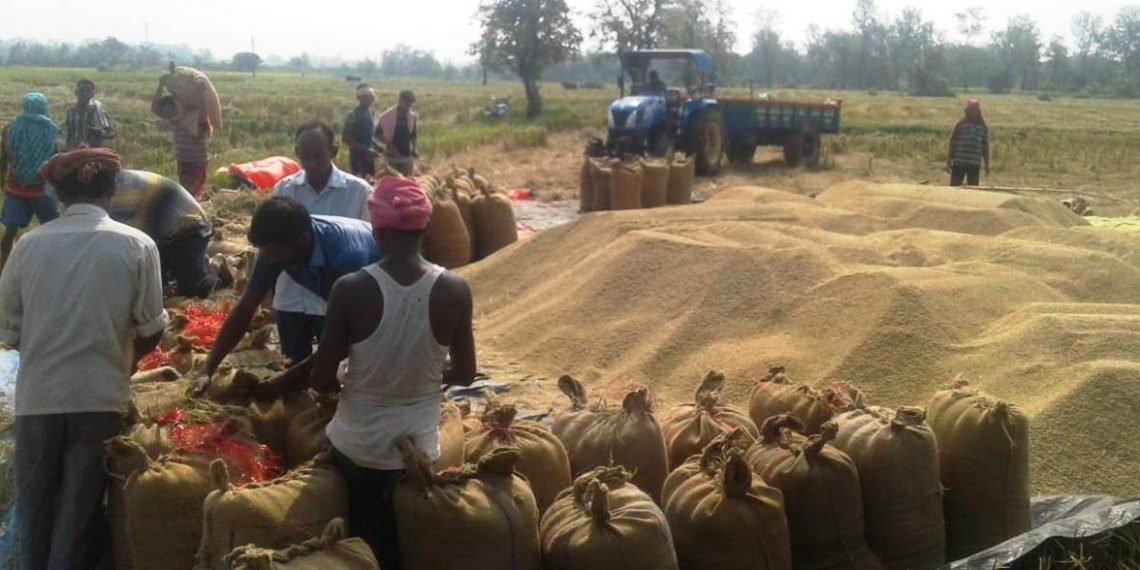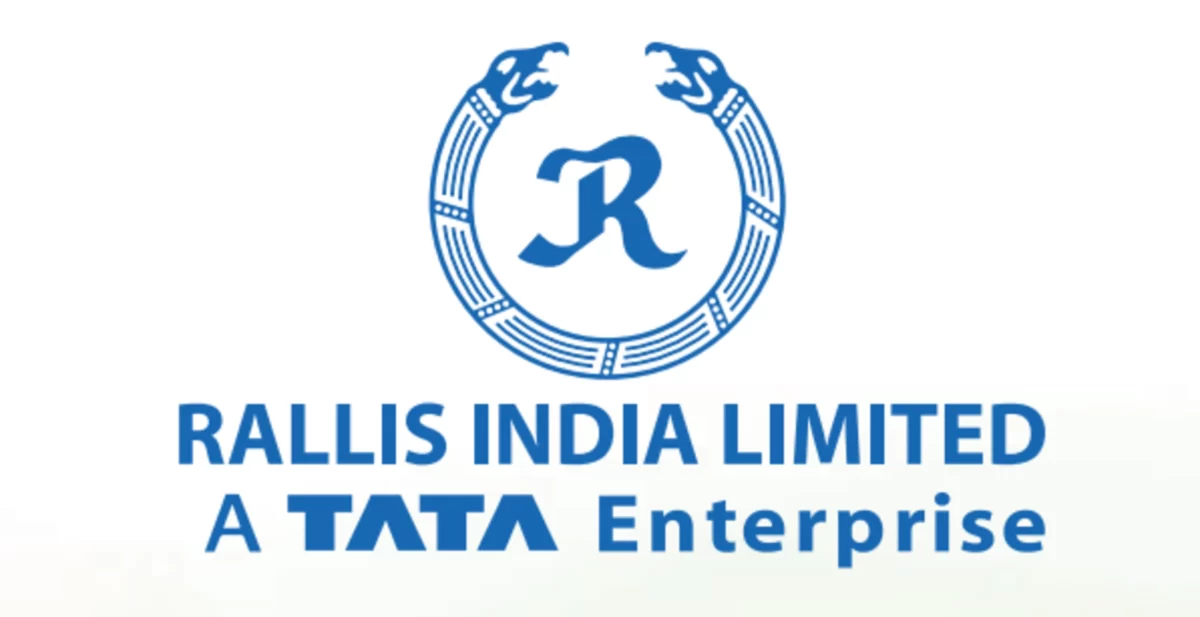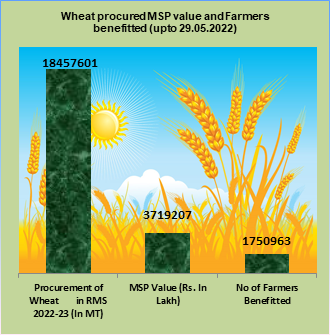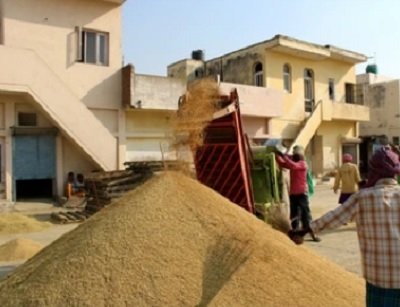BharatRohan enhances R&D with AgHub to develop hyperspectral libraries
The partnership leverages BharatRohan’s unique experience in hyperspectral imaging for crops, focusing on creating a spectral library to improve pest and disease detection in paddy and cotton crops
BharatRohan, a pioneer in providing hyperspectral imagining-enabled drone-based crop monitoring services, is excited to announce a co-innovation partnership with AgHub, the Agri-innovation hub of Professor Jayashankar Telangana State Agricultural University(PJTSAU). This collaborative effort aims to promote a culture of co-innovation, collaboration, and co-creation, facilitating advancements through synergies between Agritech startups and agricultural scientists.
The partnership leverages BharatRohan’s unique experience in Hyperspectral Imaging for crops, focusing on creating a spectral library to improve pest and disease detection in paddy and cotton crops. This initiative is expected to significantly benefit farmers by potentially increasing yields through a reduction in losses caused by pests, such as the Brown Plant Hopper and Pink Bollworm, and diseases like rice blast and boll rot, by 20-30 per cent.
Amandeep Panwar, Co-founder of BharatRohan, commented on the partnership: “This partnership marks a significant milestone in our mission to empower farmers. Utilising hyperspectral technology, we aim to provide invaluable insights leading to healthier crops, reduced input costs, and enhanced yields. Our collaboration with AgHub and PJTSAU underscores our dedication to sustainable and prosperous agriculture.”
The collaboration leverages innovative hyperspectral imaging and advanced drone technology, setting a new benchmark in early detection and intervention for crop management. This integration is anticipated to lead to more sustainable farming practices and healthier crops.
The partnership leverages BharatRohan's unique experience in


